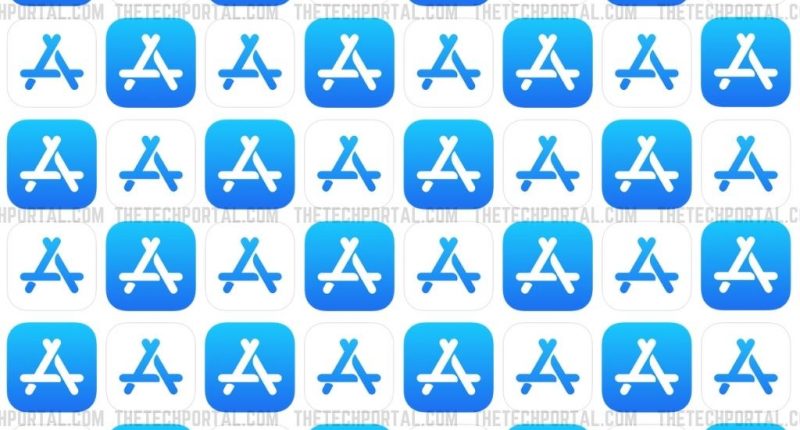For time immemorial, iOS has been a closed Apple orchard. Only Apple’s App store, which is run on Apple’s rules, dominated by Apple app, was the source of all app downloads. Android on the contrary, has been an open for all garden, having allowed third party app stores to function since the beginning. And while both have their own pros and cons, users have increasingly started liking the Android approach.
And it seems, Apple could fall for that after all.
According to a report from Bloomberg, the Cupertino tech giant is looking to further open up its iPhone and iPad ecosystems, letting users install third-party app stores on iOS. Software engineers and service employees, according to the report, are already working to allow the entry of third-party app stores on Apple’s iPhones and iPads, which could launch as soon as iOS 17 rolls out in 2023.
With the alternative app stores, customers will finally have the opportunity and means to download third-party apps onto their Apple devices and successfully circumvent Apple’s steep commission on in-app purchases (which has landed it in hot waters before). Apple is said to have dedicated a “significant amount of resources to the companywide endeavor.”
This change, however, is not an altruistic one, and is instead in order to comply with the Digital Markets Act (DMA) of the European Union (EU). While the DMA had originally entered into force on November 1, 2022, companies have a window of until March 6, 2024 to be in full compliance with the DMA. The DMA lays down, amongst others, the “rules for digital gatekeepers to ensure open markets.”
The DMA will originally be implemented in the continent before it rolls out to other regions.
While this news is a win for regulators and developers, not everyone in Apple is of the same view – and for good reason, considering that will take away a chunk of its earnings from commissions on in-app purchases.
The Bloomberg report informed that the change was not a popular one amongst Apple’s employees, especially since the iPhone maker has, for a long time, opposed the installation of software without using Apple’s official App Store. Apple defends its stance with the argument that “sideloading” could result in the installation of unsafe apps, which could undermined the privacy of users.
It is considering whether the apps downloaded from third-party app stores should be verified by Apple for a few, and whether other security requirements will be needed to deal with third-party software.
It will be interesting to see Apple finally allowing third-party app stores on its devices in the “major push to open up key elements of Apple’s platforms.” It is also yet to find a way to make iMessage interoperable with other services, something that the DMA demands.
The Tech Portal is published by Blue Box Media Private Limited. Our investors have no influence over our reporting. Read our full Ownership and Funding Disclosure →






